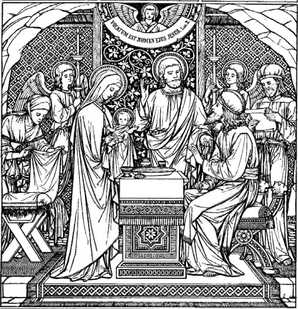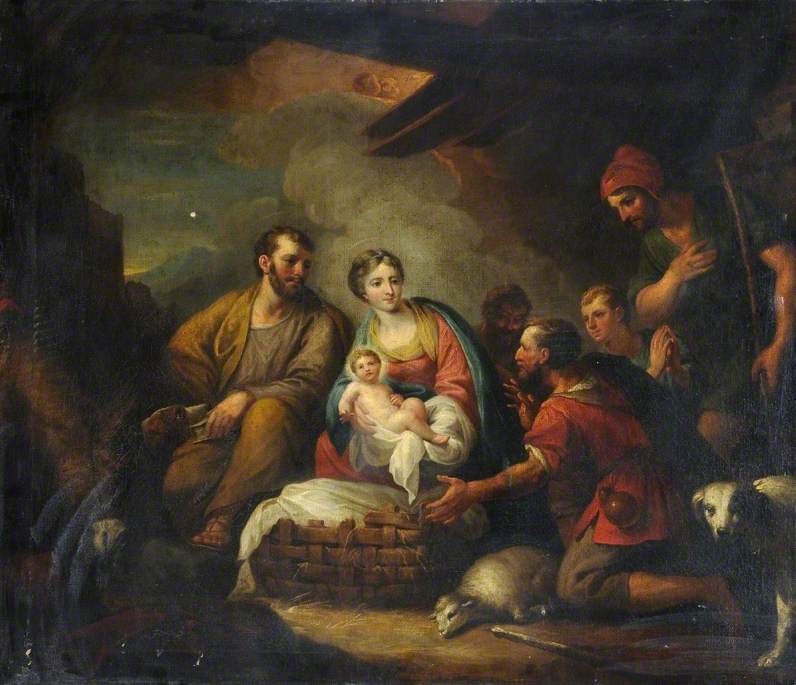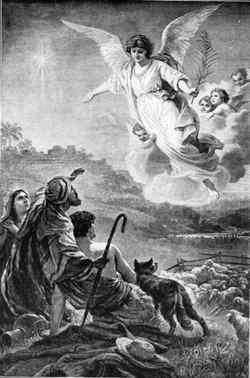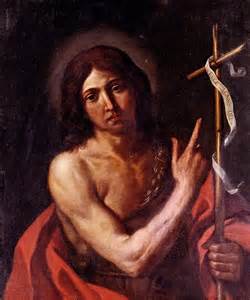JOHN GERHARD’S SACRED MEDITATIONS.
Translated from the Latin
BY
REV. C. W. HEISLER, A. M.
PHILADELPHIA, PA.:
LUTHERAN PUBLICATION SOCIETY.
Copyright, 1896, By the LUTHERAN PUBLICATION SOCIETY.
MEDITATION IV. THE NAME OF JESUS.
What can be sweeter than the Name of Jesus!
Do not so regard my sins, O Lord, as to forget Thine own mercy. Do not so weigh and measure my offences that they may out-weigh Thy merit. Do not so consider my evil as to overlook Thine own good. Remember not wrath against a culprit, but be mindful of Thy mercy towards a miserable sinner. Wilt not Thou, O Christ, who hast given me a desire for Thee, fulfill my longing desire? Wilt Thou, who hast shown me my unworthiness and just condemnation, conceal from me Thy merit and the promise of eternal life? Before a heavenly tribunal my cause must be tried, but it comforts me that in the heavenly court the name of Saviour has been given Thee; for that blessed name was brought from heaven by the angel (Luke ii. 21). O most merciful Jesus, to whom wilt Thou be a Jesus, if not to wretched sinners seeking grace and salvation?
Those who trust in their own righteousness and holiness seek salvation in themselves, but I, who find in me nothing worthy of eternal life, flee to Thee as my Saviour. Save me, for I am condemned; have mercy upon me, for I am a sinner; justify me, for I am unrighteous; acquit me, for I am under accusation of sin. Thou, 0 Lord, art the Truth (John xiv. 6); Thy name is holy and true; therefore let Thy name be true in respect to me; be Thou my Jesus and my Saviour! Be Thou my Jesus in the present life; be Thou my Jesus in death; be Thou my Jesus in the last judgment; be Thou my Jesus in eternal life. And assuredly Thou wilt be, 0 blessed Jesus; because as Thou art unchangeable in essence so wilt Thou be in mercy. Thy name will not be changed, O Lord Jesus, on account of one miserable sinner like me. Nay, but Thou wilt be a Saviour even to me, for Thou wilt not cast out any one that cometh unto Thee. Thou hast given me the desire to come to Thee, and surely Thou wilt receive me when I do come, for Thy words are truth and life (John vi. 63).
What if the propagation of original sin in me condemns me, yet Thou art my Jesus. What if my conception in sin condemns me, still Thou art my Jesus. What if my creation in sin and under the curse condemns me, nevertheless Thou art my Saviour. What if my corrupted birth condemns me, yet art Thou my Salvation. What if the sins of my youth condemn me, still art Thou my Jesus. What if the course of my whole life, defiled with most grevious sin, condemns me, yet Thou remainest still my Jesus! What if the penalty of death to be inflicted upon me for my sins and various transgressions condemns me, yet art Thou still my Saviour! What if the awful sentence of the last judgment rise up against me, yet will I trust Thee, and fly to Thee as my Jesus, my Saviour!
I am sinful, reprobate, condemned; but in Thy holy name there is righteousness, election, salvation; but in Thy name was I baptized; in Thy name do I believe; in Thy name will I die; in Thy name will I rise again, and in Thy blessed name will I appear at the judgment. In Thy name every conceivable good is provided for my soul, and stored up in reserve as a sacred treasury. Alas! how much of this good have I lost by my own distrust; and blessed Jesus, I fervently pray that Thou wilt graciously remove this distrust far from me, so that I, whom Thou dost so mercifully desire to save by Thy precious merit and life-giving name, may not condemn myself through mine own fault and unbelief.






 RSS Feed
RSS Feed